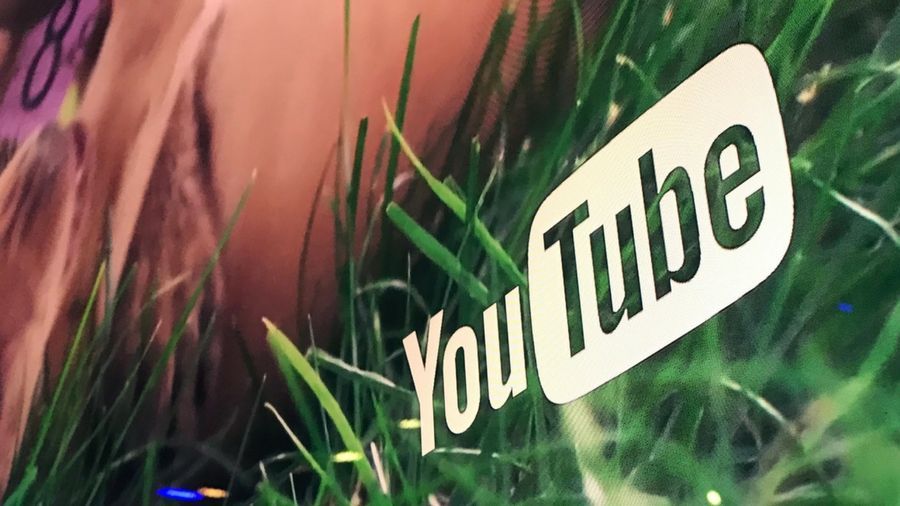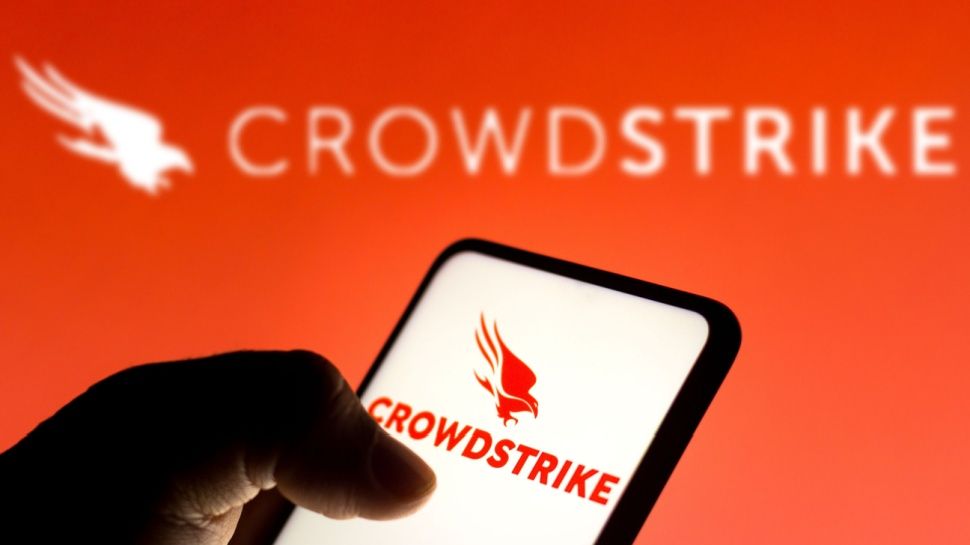YouTube's crusade against ad blockers has seen the platform try multiple strategies, from automatically skipping entire videos to crippling third-party apps. However, now they are trying something new.
The company is now experimenting with what could be its most insidious tactic yet: server-side ad injection. This news comes from the developer behind SponsorBlock, a prominent ad blocker for YouTube, which raised alarm bells on X (the platform formerly known as Twitter).
Server-side ad injection (also called server-side ad insertion) is where websites directly embed ads into video content on the server, hence the name. YouTube's current method is more like client-side ad insertion, or CSAI, which places ads on videos while they are in web browsers.
Ad blockers work by stopping CSAI ads, but do not work against SSAI (server-side ad injection) techniques. This is because ads are considered “indistinguishable from video” according to SSAI, according to 9To5Google.
If YouTube decides to implement SSAI on a large scale, it would essentially break ad blockers as they would not be able to stop commercials. A small group of users on the YouTube subreddit reported encountering this technology, with one of the top comments noting that they are seeing ads even though they use uBlock Origin in Firefox. Nothing they do to fix the problems seems to work.
Possible solution
Despite all the pessimism surrounding the situation, hope is not lost. The developer of SponsorBlock made an FAQ about SSAI on GitHub, explaining that this is not the end of the extension.
They claim that if YouTube decides to implement injection, it would have to send data to the video player telling it how long an ad will last. Ad blockers may obtain the data and use it to stop the ad.
But it will be difficult to give an ad blocker the ability to do so. It may take a while until these extensions can stop SSAI successfully. The developer claims that “SponsorBlock will not work for people” while the experiment is ongoing.
New restrictions
In addition to SSAI, a group of developers found a potentially new restriction on YouTube, where the platform will ask you to log into your account before you can view content.
Apparently the website wants to make sure you “are not a robot.” Android Authority, in its report, believes that YouTube could soon “limit access to offline videos in the future.” If this is ever introduced, it would severely limit how YouTube videos are shared.
I did some more research and it turns out that YouTube is an a/b test that limits offline access to YouTube videos. All YouTube-related projects are affected, including YouTube customers themselves. pic.twitter.com/rF5M23cqFMJune 7, 2024
However, software developers are a clever bunch. The team behind content downloader Cobalt has found a way to bypass the restriction. But YouTube could implement stricter limitations on content sharing and an even stronger crackdown on ad blockers.
Be sure to check out TechRadar's list of the best free YouTube downloader apps for 2024.
you might also like








